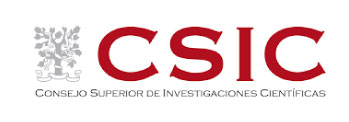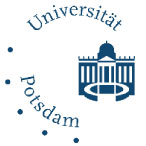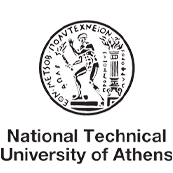
Partners

Cyprus University of Technology
CUT is a dynamic University with six leading Schools/Faculties and 13 Academic Departments, able to offer education and high-level research, in primary branches of science and applied technology, CUT has set as its strategic target the design and development of research activities both within the University and in cooperation with Advanced research Institutes in Cyprus and abroad. CUT Fruit Sciences/Postharvest Group [www.fruitsciences.eu] and CUT Plant Stress Physiology Group [http://plant-stress.weebly.com/] belong at the Department of Agricultural Sciences, Biotechnology and Food Science. These groups have highly complementary expertise on fruit crops, priming effect in plant systems, plant adaptation to abiotic stress conditions and postharvest physiology and technology.

Katholieke Universiteit Leuven
KU Leuven participates through its research division MeBioS which investigates the interaction between biological systems and physical processes. MeBioS is one of the leading postharvest research groups worldwide. Half of its research is in collaboration with the agro-food industry. These activities are founded in a deep knowledge on physiological behavior of fruits and vegetables after harvest combining omics techniques with advances biostatistics and biophysics models to interpret the results. MeBioS has a longstanding experience on non-destructive fruit quality evaluation and has been at the front of developments like NIR spectroscopy, hyperspectral imaging and acoustic firmness detection. In addition, MeBioS has put much effort in optimizing fast profiling techniques for fruit aroma and taste.

Spanish National Research Council
The Spanish National Research Council (CSIC) is the largest public institution dedicated to research in Spain and the third largest in Europe. CEBAS-CSIC CSIC has expertise on phytochemical analysis with advanced analytical chromatographic methods, bioavailability and metabolism of food bioactives, pharmacokinetics; biological mechanisms of action of phytochemicals and their metabolites; interaction of phytochemicals with gut microbiota and metabolomic approaches.

University of Potsdam
University of Potsdam (UP) is the largest university in the federal state of Brandenburg, Germany. In 2016, UP was awarded the certificate ´HR Excellence in Research´ by the European Commission that identifies the organisation as provider and supporter of a stimulating and favourable working environment for researchers. Plant Science and Genomics in particular, are at the forefront of academic teaching and research at Faculty of Science. The Department of Molecular Biology is part of the Institute of Biology and Biochemistry, which belongs to this Faculty. The Department has a wide-ranging expertise in plant genomics, in particular with respect to analysis of transcriptional factors and gene regulation, abiotic stress response, and senescence, including priming. UP has expertise on plant genomics, in particular with respect to the analysis of transcription factors and gene regulatory networks, physiological and developmental processes leading to abiotic stress tolerance in model plants and crops, plant aging, molecular and physiological analysis of priming processes in plants, advanced molecular biological methods, establishment of new cloning and gene regulatory systems, synthetic biology of plants and microorganisms.

National Technical University of Athens
National Technical University of Athens (NTUA) is the top Technical University in Greece. The Laboratory of Process Analysis and Design (LPAD) is the oldest laboratory of the School of Chemical Engineering at NTUA, which has systematically contributed in the development of the School, since 1908. The area of expertise of LPAD can be summarized in the development of novel, functional food products, including product design, quality and sensory control of the final product, as well as shelf-life determination, (b) toolbox development for functional foods and novel processes - development of user-friendly database systems including literature data on food properties, (c) analysis of data, (d) development of mathematical models describing the physical processes and thermo-physical properties of materials, (e) experimental and applied study of the physical industrial processes, such as drying methods, extraction methods, novel encapsulation methods, etc. applied in the food industry, (f) process scale-up, (g) recovery of functional compounds from various natural sources, (i) in vitro digestion studies, and (k) life cycle assessment and environmental management for the determination of the economic and environmental impact of several products and processes.